
The 30th of September is International Translation Day, celebrated on the same day as the feast of St. Jerome, who is considered the patron saint of translators. The United Nations established International Translation Day in 2017 “to pay tribute to the work of language professionals, which plays an important role in bringing nations together, facilitating dialogue, understanding and cooperation, contributing to development and strengthening world peace and security”. Read more from the UN page here.
In the spirit of this day, we have compiled some of our translated titles from 2024 below, with freely available introductions, and linked some of our 2023 titles at the bottom of this page.
You may also be interested in our 2024 Women in Translation Month blog post, which includes some of Berghahn Books titles of women’s research and narratives that were translated into English, or our 2022 International Translation Day blog post.

To be published October 2024
A Different Migration History of London’s East End, 1780-1850
Ole Münch
Translated by Angela Davies and Jozef van der Voort from German
In the early Victorian age, the streets of East London were home to migrants from different regions and religions. In the midst of this area lay the famous Rag Fair street market, sustained by trade routes stretching across the globe. The market’s history demonstrates that it was not only a place of economic exchange, but also an intercultural contact zone where Jewish and Irish migrants mingled, entered client relationships and forged political alliances. Reconstructing the varied (partly multiethnic) group-building processes operating in the market, Rag Fair draws on approaches across migration history, economic history, economic anthropology and the sociology of political movements to uncover the social mechanisms at work in the old clothing trade.
Volume 10, Studies in British and Imperial History
Sign up to get an alert when this title is published!

Cowboys, Clowns, and Bullfighters
Frédéric Saumade and Jean-Baptiste Maudet
Translated from the French
Rodeo, cattle ranching, and bullfighting converge in the arenas of race, gender, and ethics in Reversible America. In Southwestern California, these sports manifest in spectacular expressions of transcultural interactions that continue to develop through border crossings. Using an interdisciplinary scope, this unique look into the subculture negotiates the paradoxes and connections between the popular American performances, Iberian bullfighting, and Native American hunting methods, along with the relationship between human and non-human beings, and systems of value across borders.
Read freely available introduction.

The Difficult Legacies of the GDR
Edited by Enrico Heitzer, Martin Jander, Anetta Kahane, and Patrice G. Poutrus
Translated from the German
“It is a combination of the expertise of academics and professional practitioners, enhanced by personal insights, that make this volume unique and especially intriguing.” • Israel Journal of Foreign Affairs
Read freely available introduction.

A Twentieth-Century History of West German, Cold War, and Global Futures Studies
Elke Seefried
Translated from the German by Patricia C. Sutcliffe and Alison Kraft
“This new book marks a milestone in the still young field that investigates the history of the future.” • Historische Zeitschrift
Read freely available introduction.

A Short Introduction
Miriam Rürup, edited by Jake Schneider
Translated by Bill Templer from German
Tracing the social history of modern German Jews from the end of the 18th century up to the aftermath of World War II, Miriam Rürup follows their ascent into the middle and upper middle classes through repeated experiences of setbacks but also of self-assertion. In doing so it is explained how Jewish life changed under the auspices of emancipation and what impact these changes had on the demographic and social profile of the Jewish minority. With a focus on the daily interactions between Jews and other Germans when choosing a home, profession, or school, for example, Social History of German Jews shows the contrasting processes of integration and exclusion in a new light.
Volume 2, Perspectives on the History of German Jews
Read freely available introduction.

War, Emotion, and Extreme Violence in Colonial Namibia
Matthias Häussler
Translated from the German by Elizabeth Janik
“The author impressively demonstrates that emotions can be the driving force behind cruelty and is able to portray the brutalization of ordinary soldiers, who ultimately also became ‘motor[s] of extermination,’ more clearly than previous studies have done. Fear, bitterness, and frustration in the face of military failures led to violence…Häussler’s work is an innovative, at times brilliant study that deserves a wide readership – hopefully, and thanks to the translation, now also in English-speaking countries.” • Central European History
Volume 31, War and Genocide
Read freely available introduction.

From Italian Supremacy to Subservience to the Reich (1932-1943)
Monica Fioravanzo
Translated by Ian Mansbridge from Italian
By shedding light on an often-overlooked aspect of Fascism and Nazism, this book examines the ambitious plans for a new European order conceived by Italian intellectuals, historians, geographers, politicians, and even student representative of the Fascist University Groups (GUF). Through expert reconstruction of the debate on this envisaged order’s development, Monica Fioravanzo opens a window into the theoretical arena that shaped relationships between German, Italy and the other Axis nations and provides insight into how the project was anticipated to unite the Fascist regime in Italy and the Nazi Reich.
Read freely available introduction.

A Short Introduction
Stefanie Schüler-Springorum
Translated by Christopher Reid from German
This concise overview traces the Gender history of German-Jews from the early modern period to the present day and provides a unique perspective on both men and women as historical actors in the German lands. By adopting new perspectives on the German-Jewish experience, Stefanie Schüler-Springorum introduces and examines gender narratives and opportunities across a wide range of individual circumstances and during times of discrimination, persecution and deportation. While being directed against all Jews the effects of Nazi policy had remarkably different results, depending on gender, class, marital status, age and religious affiliation. The picture that emerges here of German Jewry in modern times is consequently more vibrant and nuanced.
Volume 1, Perspectives on the History of German Jews
Read freely available introduction.

Transnational Hispanic Commemorations and Spanish Nationalism
Javier Moreno-Luzón
Translated by Nick Rider from Spanish
Commemorations that shaped major elements of Spanish identity at the beginning of the 20th century are full of centennials and anniversaries that elaborate and renew the Spanish national mythology. In Centennial Fever Javier Moreno-Luzón, one of the most prominent Spanish historians of his generation, studies the milestones that defined transnational dimensions of celebration at the beginning of the 20th century including the Peninsular War, the first Spanish Constitution, the independence of Latin American States, the “discovery” of the Pacific Ocean and the death of Miguel de Cervantes and the publication of Don Quixote of La Mancha. Through these truly global events, a cultural community is created, called “Hispanoamerica” or “La Raza”, on which Spanish nationalism has become dependent.
Volume 10, Studies in Latin American and Spanish History
Read freely available introduction.
Have a look at some translated titles from 2023!
Berghahn Journals
SOCIAL ANTHROPOLOGY/ANTHROPOLOGIE SOCIALE

Anthropology Comes In When Translation Fails
Anne-Christine Taylor (Vol. 30, Issue 1)
Revisiting the Untranslatable: A Comment
Ashley Lebner (Vol. 30, Issue 1)
Free access to the following articles until October 9, 2024 using code TRANSLATION
Redemption details: https://bit.ly/3F5lmqg
ANTHROPOLOGICAL JOURNAL OF EUROPEAN CULTURES
Translating Islam into Georgian: The Question of Georgian Muslim Identity in Contemporary Adjara
Ricardo Rivera (Vol. 28, Issue 2)
Translating the Bottom-Up Frame: Everyday Negotiations of the European Union’s Rural Development Programme LEADER in Germany
Oliver Müller, Ove Sutter, and Sina Wohlgemuth (Vol. 28, Issue 2)
Beyond (Hyper)Masculinity: Images of Boyhood in Croatian Young Adult Novels in English Translation
Marija Todorova (Volume 15, Issue 1-2)
CONTRIBUTIONS TO THE HISTORY OF CONCEPTS
Translating the Concept of Experiment in the Late Eighteenth Century: From the English Philosophical Context to the Greek-Speaking Regions of the Ottoman Empire
Eirini Goudarouli and Dimitris Petakos (Vol. 12, Issue 1)
Luis Javier Conejero-Magro (Volume 35, Issue 2)
Harold Bloom and William Shakespeare: The ‘Saints of Repetition’ and the Towers of Babel
Taoufiq Sakhkhane (Vol. 34, Issue 3)
‘A Scorneful Image of this Present World’: Translating and Mistranslating Erasmus’s Words in Henrician England
Luca Baratta (Vol. 34, Issue 3)
Canonising Shakespeare in 1920s Japan: Tsubouchi Shōyō and the Translator’s Choice
Daniel Gallimore (Vol. 33, Issue 1)
The Task of the Hebrew Translation: Reading into Othello’s Indian/Iudean Crux in the First Hebrew Translation
Eran Tzelgov (Vol. 51, Issue 2)
Sarah Richmond’s Translation of Jean-Paul Sartre’s Being and Nothingness
Adrian van den Hoven (Vol. 26, Issue 1)
Gaps of Kinship in the Yakut Heroic Epic Olonkho: A Brief Analysis and Implications for Translation
Alina A. Nakhodkina (Volume 23, Issue 1)
You might also be interested in…




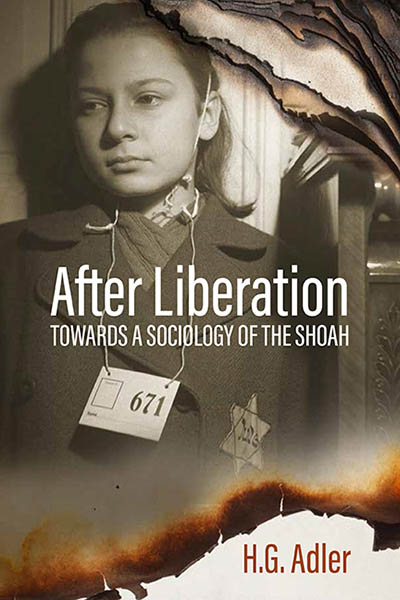

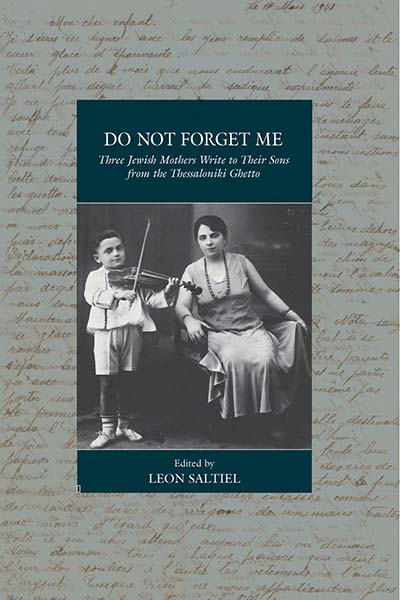
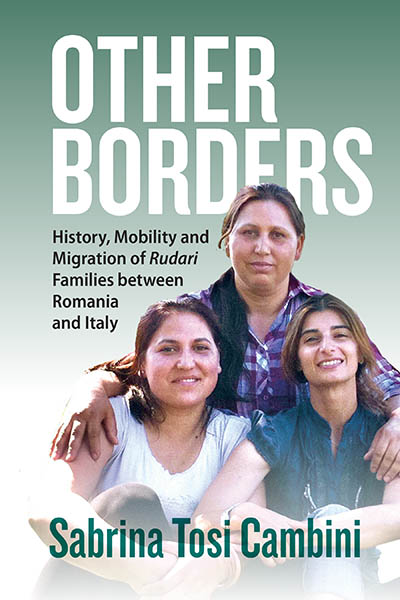
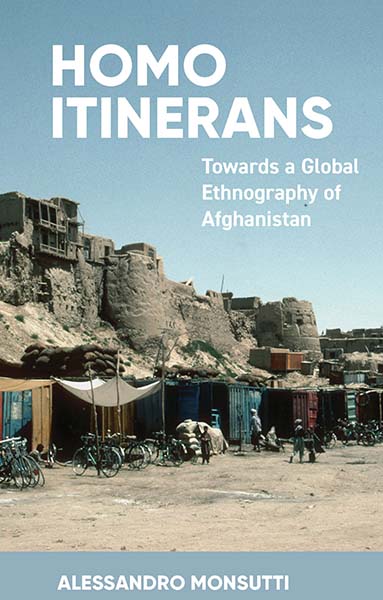
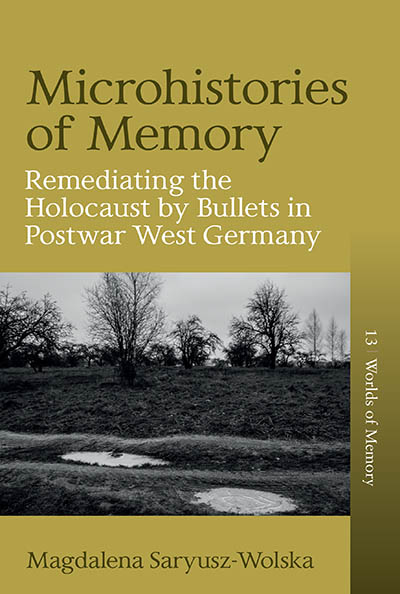
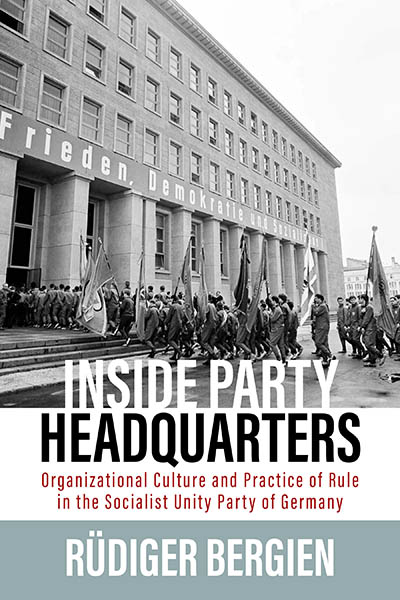


























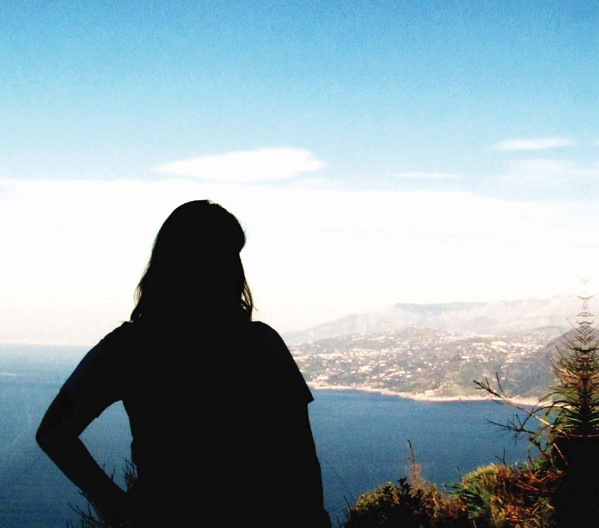


 We are delighted to inform you that we will be attending the annual
We are delighted to inform you that we will be attending the annual